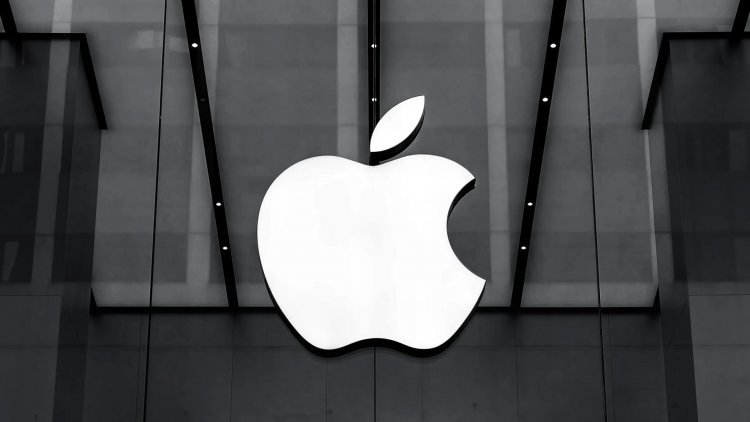According to reports, Apple Inc. is intending to increase manufacture in India rather than China
India and Vietnam, both of which already produce Apple products, are among the countries being considered as alternatives to China.

Apple Inc has told several of its contract manufacturers that it wants to increase manufacturing outside of China as a result of Beijing's harsh anti-Covid policies, according to the Wall Street Journal, citing people familiar with the situation.
According to the article, India and Vietnam, both of which already produce Apple products, are being considered as alternatives to China.
This move by Apple, the largest US company by market capitalization, will have an impact on other Western companies considering reducing their reliance on China for manufacturing or key materials in the wake of Beijing's indirect support for Russia's invasion of Ukraine and city-wide lockdowns to combat Covid-19.
According to analysts, independent contractors produce over 90% of Apple products, including iPhones, iPads, and MacBook laptops, in China.
Tim Cook, Apple's CEO, remarked in April in response to the company's supply chain problems, "Because our supply chain is really global, our goods are built all over the world. We're still looking for ways to improve."
The lockdowns implemented in Shanghai and other locations as part of China's anti-Covid policy have affected supply-chain for numerous Western enterprises.
Apple warned in April that the reappearance of COVID-19 may stymie sales by up to USD 8 billion this quarter. Apple has been unable to send its executives and engineers into China for the past two years because to China's rigorous anti-Covid regulations, making it difficult for them to inspect production locations in person. Last year's power outages tarnished China's reputation for dependability.
Except for India, China is the only Asian country with a pool of qualified workers that exceeds the population of several other Asian countries.
According to the Wall Street Journal, which cited people familiar with the situation, Apple sees India as the next China because both countries have similar populations and offer low costs. According to people familiar with the situation, Apple is in talks with several existing suppliers about expanding in India, including export production.
According to research firm Counterpoint, India produced 3.1% of the world's iPhones last year, and the percentage is expected to rise to 6% to 7% this year.
According to some analysts and suppliers, China-based assemblers may have problems setting up shop because relations between New Delhi and Beijing have worsened since the militaries of the two nations conducted a deadly conflict in 2020. According to people familiar with the situation, China-based manufacturing contractors doing business with Apple are looking for opportunities in Vietnam and other Southeast Asian countries.
On the other hand, Apple's competitor, Samsung Electronics Company, already has a smartphone production facility in Vietnam. Samsung, based in South Korea, has minimised its exposure to Chinese manufacturing.
Luxshare Precision Industry Co., a Chinese contract manufacturer, is already producing Apple's AirPods earbuds in Vietnam. Even Luxshare's clients are concerned about power supply concerns and China's zero-covid policy. These clients, according to Luxshare, are requesting manufacturing partners to explore outside of China for essential preliminary work for mass production, known as new product introduction, or NPI.
Foxconn Technology Group and Wistron Corp., both located in Taiwan, have previously established plants in India to make iPhones primarily for the country's domestic market, where Apple sales are quickly increasing.
Apple announced in April that it has started manufacturing the current generation of iPhones and the iPhone 13 series in India.
Analysts and suppliers say such steps require significant investment from suppliers, which makes them nervous at a time when the global economic outlook is clouded by high commodity prices, the Ukraine conflict, and stock market gyrations.
Cash is vital in uncertain times, according to a contractor executive, but if suppliers want to preserve the business, they must follow Apple's lead.




 admin
admin 




















